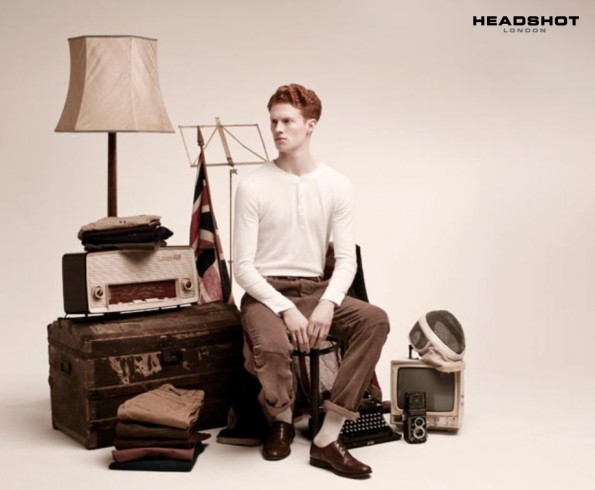The Photographer’s Guide to Setting Up a Business
If you want to set up in business on your own, you need more than just photography skills. Here’s how to swap hats and become a businessman, manager, accountant and marketer – your guide to building a better business.
Starting up any business in these post-recession doldrums takes guts, so congratulations if you feel ready to take the first big step. In this article we’ll take a look at some of the key considerations which will help your fledgeling business take off.

Jack of All Trades, Master of None
Though it may be tempting to see yourself as a generalist, don’t fall into the trap of spreading yourself too thin. You might think that by offering corporate photography, wedding pictures, fashion shoots, nature photography, sports photography, food photography and more you will attract more clients. However, your marketing budget and your portfolio will be stretched between too many different areas and you won’t get the chance to build up the level of specialised experience necessary to enhance your reputation. It’s better instead to focus on the specific area in which you are most skilled and enjoy most. You will find that once you have built a specialised portfolio, you will be able to attract better clients and charge them more.
Invest for Success
For most people setting up a new business is born out of a passion for something they love doing and this is especially true for photographers. But passion alone isn’t enough. Establishing a business can be tough, especially in the early days. You will need to invest as much as you can afford in terms of time, effort and money.

Your new business will need to be the total focus of your attention for the first few years. This means long hours, not just taking photographs but all the other tasks essential to business success: you’re responsible for marketing, accounting, brand building and admin. So don’t bother reading further if you’re even slightly work-shy.
You must also be prepared to put your money where your mouth is. Photographic equipment doesn’t come cheaply so work out what will give you the most bangs for your bucks. Second-hand equipment can be a good idea. However, buy the best camera you can afford and the selection of lenses most suitable for the work you hope to be doing.
But before you career off on a massive shopping spree, work out your budget, including a sum set aside for contingencies. Work out what ongoing expenses you’ll have before you can reasonably expect a flow of income; for example, renting a studio, paying yourself a salary or paying for an assistant. Cash flow may sound very boring in comparison to photography, but it’s the most common factor in new business failures.
Get Ahead of the Learning Curve
Running your own business can be more complex than you might at first imagine, so before you jump in, do your homework. You might know all about photography but the chances are there will be gaps in your knowledge when it comes to business administration. It’s up to you to fill these gaps – the information is out there and there are plenty of people willing to give advice if you are willing to take it.

For example, one of your first decisions must be whether you’re going to operate as a sole trader, in partnership with someone else or set up a limited company. You will need a bank account for your business but don’t simply open one at the branch where you have your personal account. Shop around to find out what the different banks in your area will charge you and what assistance they might offer you. If you’re lucky, your bank manager could become a trusted adviser. You will also need an accountant, who will verify and submit your annual accounts, as well as give you advice on matters relating to tax and VAT. And don’t forget insurance, not only for your equipment but also indemnity and liability insurance and, if you own or rent a studio, building insurance.
Now get marketing!
Once your plans are in place, it’s time to act. Build your website, start social networking and SEO activities. This is another area in which, if you don’t have experience, it will be a good idea to find yourself a trusted advisor; good SEO is essential for bringing clients to your door. Identify your target audience, work out what they need and then make sure they know that you can provide it.
We won’t say good luck, because as a successful businessman you’ll make your own luck.
About the Author:
Headshot London Photography agency works with many London photographers, make-up artists and stylists and specialises on portraiture, advertising, commercial retouching, logo branding and corporate photography for business PR and marketing. For more information about Headshot London Photography visit their website at www.headshotlondon.co.uk and visit their photography blog for more posts about latest celebrity photo shoots and photography tips.

